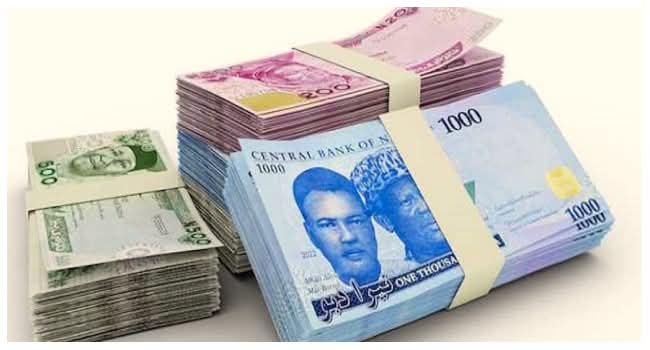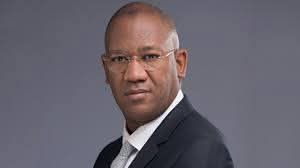FG’s savings after petrol subsidy removal surge by over 500% — Report

The Federal Government’s first quarter 2025 savings following the removal of petrol subsidies increased by more than 500% compared to previous periods, according to data released by the National Orientation Agency (NOA). The Agency, in its newly released report titled “Two Years Later: Key Benefits of Subsidy Removal”, noted that the subsidy removal has led to a significant increase in government revenue as the Nigerian National Petroleum Company Limited (NNPCL) began transferring savings to the Federation Account Allocation Committee (FAAC).
The 45th edition of NOA’s ‘The Explainer’ focuses on President Tinubu’s 2023 subsidy removal, which ended decades of economic strain. The savings from the declaration that stopped the subsidy freed vast resources, boosting government revenue from ₦154 billion to ₦836 billion in Q1. As a result, states saw FAAC allocations jump to ₦15.26 trillion in 2024, allowing salary payments and ₦1.85 trillion debt reduction.
Foreign reserves also grew to $38.9B despite forex obligations. The savings also funded major investments such as a N20 trillion infrastructure fund, NELFUND student loans of ₦54 billion, agriculture, ₦1.5 trillion, solid minerals, ₦ 1 trillion, and CNG transport conversion to lower costs, the report explained, adding that capital expenditure now exceeds recurrent spending. The removal of the petrol subsidy by President Bola Tinubu ended a historic financial drain that cost Nigeria over $84 billion. The report added that the savings have helped finance 40 critical road projects across the country in the two years of President Tinubu’s administration.
“For decades, particularly since the advent of the current democratic dispensation, a major albatross of the Federal Government had been the oil subsidy regime. Successive administrations’ zeal to tame the menace had proved a fiasco while the economy continued to haemorrhage profusely. However, by 2015, many Nigerians had reached a consensus that it was high time the subsidy was consigned to the dustbin of history, as the subsidy budget in 2022 rose by 700 per cent to N4tn, the highest ever in subsidy history.
According to the report, the subsidy removal saved Nigeria from bankruptcy. “Between 2005 and 2022, successive governments spent $84.39bn on fuel subsidies. These subsidies consumed over 70 per cent of potential federal revenue, pushing the country to the brink of bankruptcy. But with the bold decision to remove it, Nigeria is now saving billions and investing in real infrastructure,” the agency stated. According to the NOA, Tinubu’s widely debated “subsidy is gone” declaration on his first day in office ushered in tough reforms that have since yielded tangible fiscal gains across various sectors. One of the major outcomes of subsidy removal, the NOA noted, was the improved financial autonomy of state governments.






